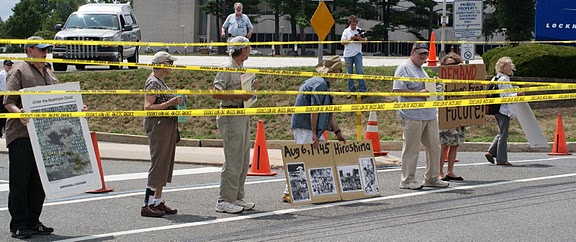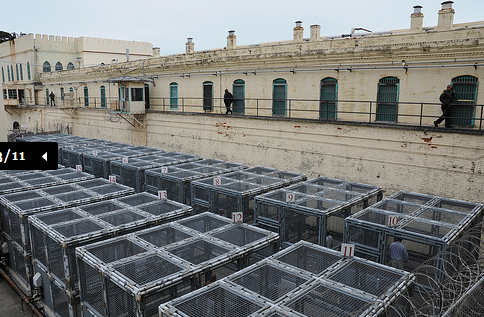Some 35 years ago, when I was just an aspiring journalist settling into life In Los Angeles, a venerable alternative journal, the Free Press, died. This paper, which had chronicled the Beat Era, the Civil Rights Movement, and the rise of the ’60s Counter Culture, much like the Village Voice in New York City on the opposite coast, didn’t stop publishing. Rather, the new owner decided that the real money was in massage parlor ads and ads for sex services, and so he eliminated the journalism in favor of pornography.
At the time, I had been freelancing, doing pieces for the “Freep’s” managing editor, Tom Thompson, a hulking former linebacker and veteran TV news reporter with a growl for a voice who ate too much, smoked too much and had an unerring sense for what was really important and needed covering.
When the Freep ceased to be a newspaper, Tom quit. But instead of going off to find another job in some forsaken corner of the corporate media, he did something unusual. He called a meeting at his house of the journalists he had been working with, myself included. Sitting around his living room, a dozen or so of us talked about the crazy idea of starting a new alternative newspaper for Los Angeles. We wanted a weekly. We wanted it to be something people paid for, even if it was just a quarter. And we wanted it to be ours, not some publisher’s property, in which we were just the cogs.
We found a backer, a liberal Democratic activist named Jim Horowitz, who ran a small plumbing supply wholesale operation. Jim, incredibly and generously, if with understandable skepticism, agreed to our terms: 50% ownership in return for his fronting of $50,000, and 50% ownership for those of us who agreed to work for $125 a week to put out the paper, which we decided to call the Los Angeles Vanguard.
This coming week, two of the original journalists from that venture, myself and Ron Ridenour, will gather together with the members of the journalists’ collective that runs this online paper–myself, John Grant and Charles M. Young (Linn Washington will be out of town)–to celebrate and critique what was done in Los Angeles half a lifetime ago, and and what we have done with ThisCantBeHappening! over the 14 months of this new publication’s existence. We will be hosting a forum titled “The LA Vanguard, ThisCantBeHappening! and the Future of Alternative Journalism” this coming Thursday, August 18, at 7 pm at Larry Robin’s Moonstone Arts Center, 110A S. 13th Street in Philadelphia. (Everyone is welcome, and refreshments will be available.)
 LA Vanguard and TCBH! staffs: Young, Ridenour, Lindorff, Grant, Washington, Thompson and Pleasants
LA Vanguard and TCBH! staffs: Young, Ridenour, Lindorff, Grant, Washington, Thompson and Pleasants








